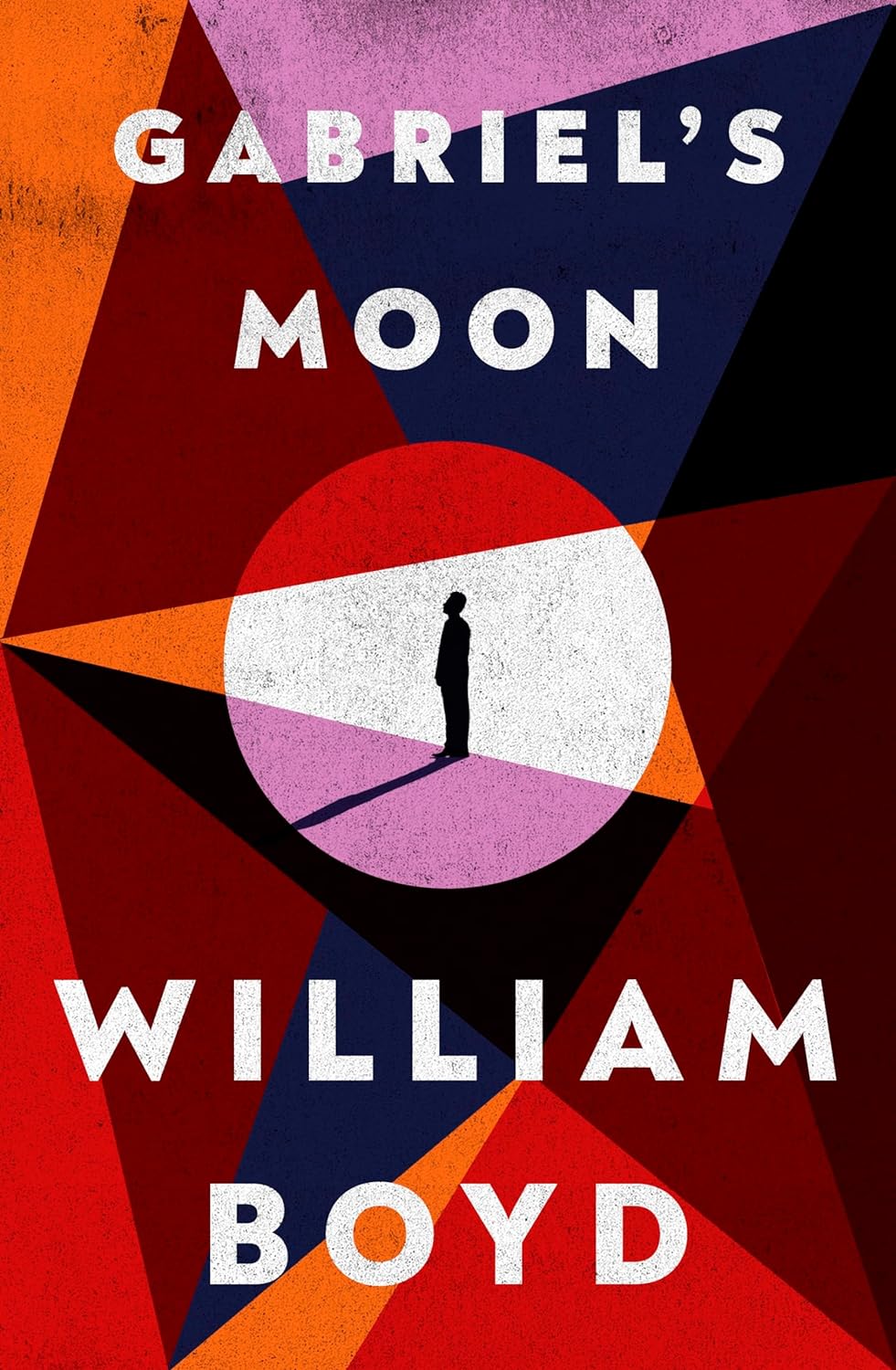What do you think?
Rate this book


272 pages, Paperback
First published September 5, 2024
‚ÄòWhy isn‚Äôt there a full moon every night?‚Ä� he asked. ‚ÄòI don‚Äôt understand.‚Ä�
‚ÄòNeither do I. There must be a reason. An astronomical reason, I suppose. We‚Äôll look it up in the encyclopaedia tomorrow.‚Ä�
‚ÄòHe‚Äôll be extremely glad to sell you a drawing ‚Ä� but it must be a drawing: ink, pencil, pastel, not a painting,‚Ä� Faith said. ‚ÄòYou can over-pay to keep him sweet. You‚Äôll have a budget of two thousand pounds but he‚Äôll be happy with a thousand, I guarantee.‚Ä�
‚ÄòAll your conspiracy theories are ridiculous,‚Ä� she said. ‚ÄòFantasies. Don‚Äôt ignore the obvious explanations for events, things, situations. That‚Äôs why they‚Äôre obvious.‚Ä�
‚ÄòOf course, you would say that. I‚Äôd expect you to say that. I‚Äôm just a useful idiot.‚Ä�
‚ÄòYou‚Äôll get your usual wages. I‚Äôll bring this back tomorrow,‚Ä� she said, holding up the small drawing, ‚ÄòAnd tell you what‚Äôs going to happen.‚Ä�
‚ÄòAll right,‚Ä� Gabriel said, a little sulkily. ‚ÄòI am your subject-slave.‚Ä�
‚ÄòNo, you‚Äôre not,‚Ä� she said. ‚ÄòYou‚Äôre my spy. Remember?‚Ä�